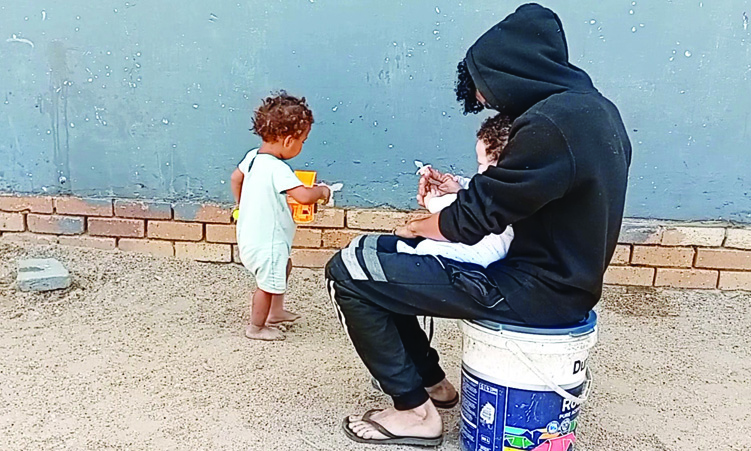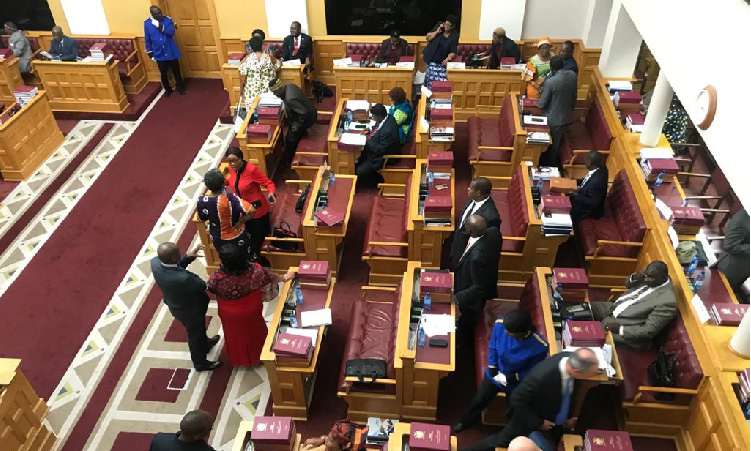MINING companies will in future have to provide financial guarantees for the rehabilitation of mining sites once all mining activities have ended, while closure plans will have to be part of environmental impact assessments (EIA) in new projects.
Speaking at the second environmental symposium of Nedbank recently in Windhoek, Teo Nghitila, who is the Director for Environment in the Ministry of Environment and Tourism, said Government would soon set up the office of an Environment Commission. ‘This Commission will be responsible to enforce compliance with the new Environmental Management Act of 2007.’ The new law would be implemented soon, Nghitila said. The regulations for the new law have been drawn up and are awaiting input from the Attorney General’s Office.Once the regulations are gazetted and the Environment Commission is up and running, mines will have to submit EIAs every three years, and provide a financial guarantee for rehabilitation of the mining area after all activities have ended. ‘Rehabilitation of old, abandoned mining sites in the country has remained a headache for Government,’ Nghitila told the symposium.The mining sector contributes around 9 per cent of the GDP and earns roughly 50 per cent of the country’s export revenue.Mines and Energy Minister Erkki Nghimtina told the symposium that ‘the way in which minerals should be extracted, processed, used and recycled in the context of sustainable development is a key concern’. Zebra Kasete, who is General Manager of Corporate Affairs at Rössing Uranium, said the company managed sustainable and healthy mining. ‘This includes an independent environmental rehabilitation trust fund, which currently has available funds to the tune of N$100 million, and we update closure plans every five years.’ According to Nedbank Chief Economist Robin Sherbourne, economics has a crucial role to play in the debate regarding mining and environmental sustainability. ‘More countries are competing for investment and in many instances quite often lower the environmental requirements and costs to facilitate investment,’ he said.
Stay informed with The Namibian – your source for credible journalism. Get in-depth reporting and opinions for
only N$85 a month. Invest in journalism, invest in democracy –
Subscribe Now!









